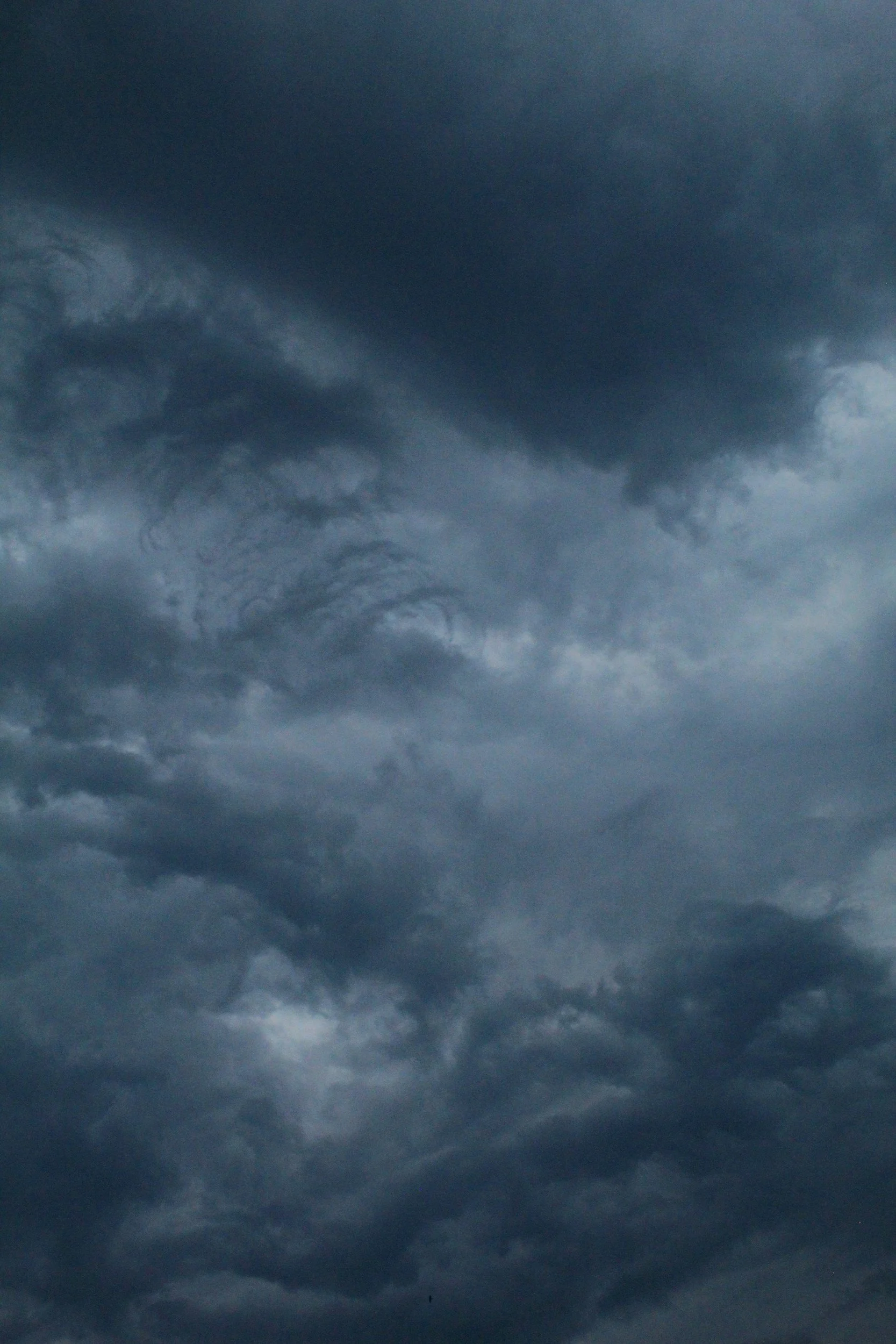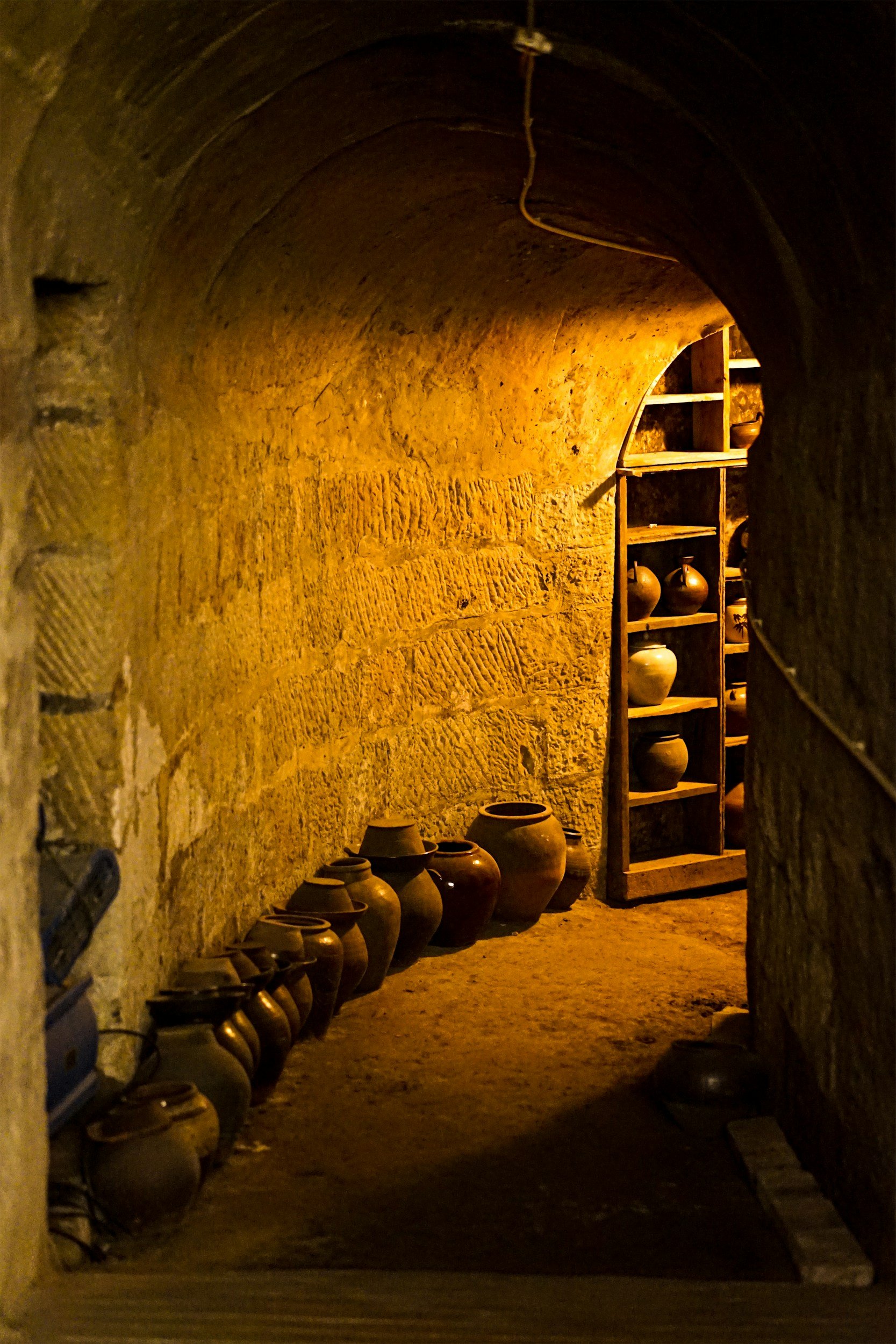What This Proverb Teaches Us About the Mind
Okuko agwugo be mmadu egbe wee buwe mbe?
Are hens extinct in human settlements for the kite to begin to carry off tortoises?
In Igbo culture, proverbs serve as philosophical windows into the soul of the people. One such Igbo proverb highlighted above stands out for its elegant yet apt exploration of the human mind.
At first glance, this proverb paints a curious picture: a kite, a bird of prey, bypassing chickens (okuko), its usual easy targets, to snatch a tortoise (mbe), a much more difficult prey. But as is the case with many Igbo proverbs, the literal scene is but the surface. Beneath it lies a lesson about the nature of knowledge, consciousness, and purpose.
Decoding the Proverb: Layers of the Mind
To grasp its full meaning, we must look at the symbolism:
Okuko (Hen) represents surface knowledge; the type of information that is readily available and easily consumed. This is the conscious mind: facts, routines, external influences, and conditioned responses.
Mbe (Tortoise) signifies inner knowledge; deeper wisdom, accumulated insight, introspective intelligence, and ancestral memory. This is the subconscious or intuitive mind, harder to access, but far more potent and enduring.
Egbe (Kite) embodies agency, necessity, and purpose. It is the internal or external call that compels a person to draw upon their mental resources.
Be Mmadu (Human settlement) is the arena of experience, the world where decisions, actions, and thoughts play out.
So what does it mean that the kite bypasses the hens to carry off the tortoise?
It is a metaphorical way of asking: Why do we reach for deeper, more protected layers of the mind (the tortoise), when surface-level thoughts (the hens) are still available and far easier to grasp?
The Mind as a Terrain of Depth
This proverb alerts us to a crucial reality: surface knowledge may be abundant, but it is mostly insufficient when true purpose, deep challenges, or existential needs arise. In such moments, the mind, like the kite, must stretch beyond the obvious and seek out what is hidden, what is encased in the shell of introspection, memory, and soul.
The tortoise, with its hard shell and hidden body, symbolizes the protective layers around deep wisdom. It is not easily captured, and yet when the kite (representing urgency or transformation) dares to snatch it, it’s a sign that mere surface knowledge will not do.
3 Lessons This Proverb Offers About the Mind
Ease of Access Doesn’t Equal Depth of Value: The hen is an easy target because it represents knowledge that is immediately available e.g social media soundbites, routine answers, standardized thinking. But like fast food, its nourishment is minimal.
Deep insight, represented by the tortoise, is slow, resistant, and often obscured. It demands patience, silence, contemplation, and sometimes suffering. Yet it is this kind of knowledge that sustains long-term transformation and authentic growth.
Purpose Drives Depth: When life calls upon us, through crises, moral dilemmas, or spiritual thirst, we are often forced to bypass shallow answers and go in search of what truly matters. That “kite of need” does not settle for hens anymore. It requires the tortoise. The mind, in its fullness, is never truly activated until purpose calls it forth.
In this sense, the proverb teaches us that urgency or challenge is not the enemy, it is the guide that leads us to the most valuable inner resources.
True Wisdom Is Hidden for a Reason: The tortoise doesn’t make itself easy to find or take. Inner wisdom is not meant to be scattered across the surface of consciousness. It requires work to unearth. This protects us from misusing it, and it ensures that only those who are truly ready and driven by sincere purpose gain access.
In a world obsessed with instant knowledge and searchable truths, this proverb reminds us that some of the most powerful answers are not available at the surface level. They are protected, not by accident, but by necessity.
Final Thoughts
“Okuko agwugo be mmadu egbe wee buwe mbe?” is a challenge to the modern mind.
It asks: Are you content with surface knowledge, or will you go deeper? Will you live from the immediate and the shallow, or will you dare to reach into the depths of your being where true wisdom resides?
In the language of this ancient proverb, we are both the human settlement and the kite. The mind is our terrain, and we must choose whether to feed on hens or wrestle with tortoises.
The next time life presents you with a dilemma, ask yourself: Am I going for the hen… or the tortoise? And remember, there’s a reason the tortoise has lived through countless stories. In Igbo culture, it is the symbol of enduring wisdom.
F. C. Ogbalu (1965) on Igbo proverbs and states that:
Igbo proverbs are accumulation of Igbo experiences throughout the history of the Igbos. In absence of any written history, they serve as the medium through which much can be learnt about the Igbos. Their past history, their philosophy of life and family structure, their politics and religion can best be learnt through the proverbs (p.5).















